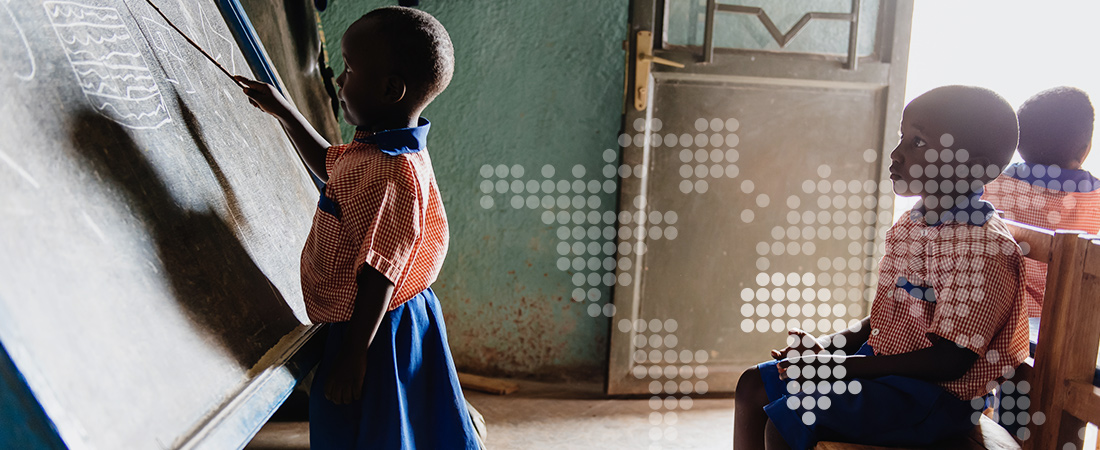
With a wave of investment transforming Africa’s educational, economic, and physical infrastructure, a bright future lies ahead for the continent’s 1 billion people. But realizing this promise will require innovative solutions to some persistent challenges, including conflict, illiteracy, and health crises.
EDC is committed to improving the lives of people across Africa. Our programs build entrepreneurship and economic opportunity, support ambitious education reform efforts, and develop solutions to pervasive public health issues, including HIV/AIDS. Across all of our work, we consult regional partners to create meaningful, effective programs that are informed by local contexts and are designed to be sustainable long into the future.
Projects
Resources
The findings from this study show that experimental teachers’ knowledge of how to teach reading and writing is more closely aligned with sound literacy instruction than their IAI-only and control counterparts.
Save Our Future, a global coalition, rallied diverse voices amid the COVID-19 pandemic, emphasizing the vital link between education and the United Nations (UN) Sustainable Development Goals.
USAID Huguka Dukore Akazi Kanoze is helping to address youth unemployment by improving youth workforce readiness and employment opportunities for thousands of youth across Rwanda. This annual report presents an overview of the project as well as milestones reached during Year Two of implementation.
Drawing on its extensive work in fragile environments, EDC developed this set of case studies that chronicles best practices, lessons learned, and stories of success.
This report highlights key findings and recommendations from the workshop Youth, Mobile, and Employment, held in Kigali, Rwanda, in January 2014.
This toolkit provides program designers with information on how to develop and implement effective early childhood interactive audio instruction (IAI) programs in a range of settings.
This final report for the Akazi Kanoze 2 (AK2) project in Rwanda summarizes the project's outcomes and outlines the priorities for sustainability.
This case study is one of the Sustainable Finance Initiative’s seven rapid country case studies studying the state of school meals programs.
Key results from Zambia Can Read project.
The Learning Generation Report presents an action plan to deliver and finance an expansion of educational opportunity for more than 260 million children and youth who are not in school today.